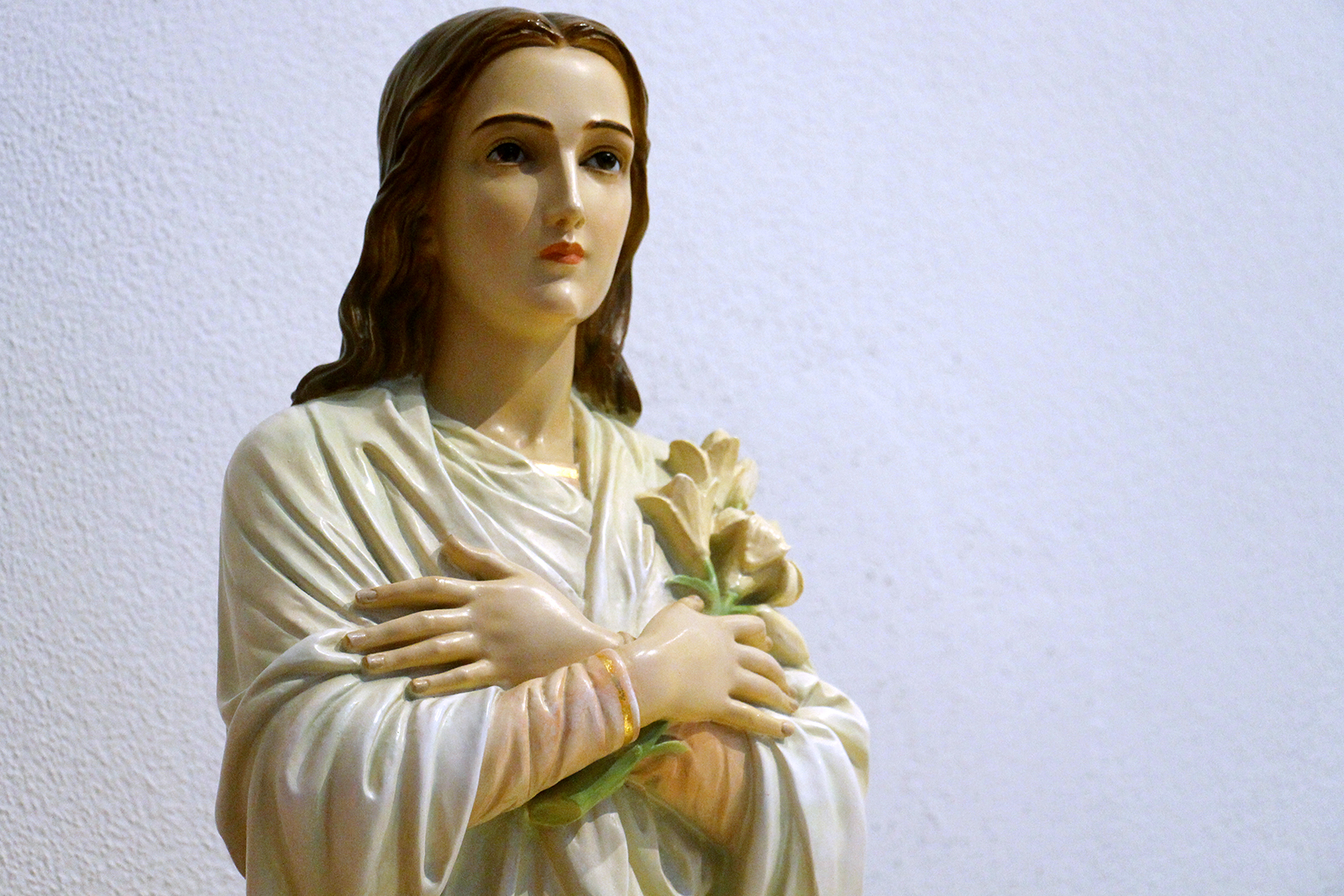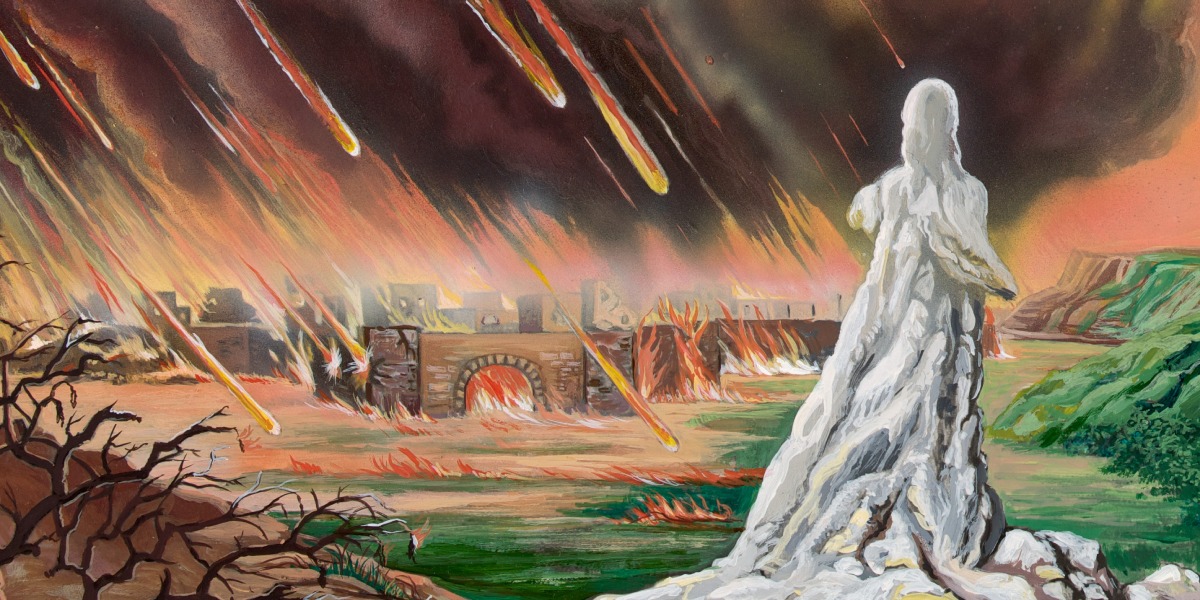Some of us on the Liturgy staff were reflecting in the last couple of weeks that it’s nice to be in Ordinary Time. The wonderful feast days and solemnities of the year are great, and we love them, but while we take care to celebrate them with festivity, they can take a lot of our energy and leave us with little time to really pray them. So we look forward to these days of Ordinary Time, and that’s good, because during this time of the year, Holy Mother Church gives us some great tools for living the Christian life of discipleship. Today’s Gospel is a great example of that.
So Jesus’ ministry is ramping up into full gear. In order to prepare the places he intends to visit, he sends out seventy-two disciples, in pairs, to prepare the way. They are going to do some of the same things he will do: curing the sick, healing the broken, and preaching the Kingdom of God, with its call to repentance. This is the third Luminous Mystery of the Rosary. They have great success because Jesus prepares them in advance and gives them advice about how to be good disciples.
And we need to pay careful attention to that advice because, as you may have guessed, this story, nice as it is, is not about just those seventy-two. It is about all of us. At our baptism, we too have been sent out on mission. We too are called to bring healing to a broken world, and to proclaim the Kingdom of God. That Kingdom is here and now, and it is urgent that people come to enter into it.
We might protest, I think, saying that we’re not ready, not equipped to be evangelizers and preachers and healers. Well, news flash: neither were those seventy-two. In fact, they came back amazed that they were able to accomplish the mighty deeds they did. And they were able to do those things because Jesus had prepared them in advance. He gave them several rules for mission, and of them, three really stand out. I think we are supposed to hear and appropriate these things as well.
So the first tool he gives us is the wisdom not to rely on ourselves. Listen to the instructions Jesus gives the seventy-two before they leave: “Carry no money bag, no sack, no sandals…” Now that all seems pretty impractical to those of us who have to travel in the twenty-first century, doesn’t it? We need a wallet or purse to carry what we’d need to pay tolls and buy fuel and pay for what we need on the journey, and certainly we’d need a sack to carry identification as well as just basic things we’d need along the way. I’m a compulsive over-packer, and I like to have all the details of a journey mapped out pretty precisely before I set out, so this advice gives me agita. Here’s the point, though: If we were able to foresee every possibility and pack for every possible need, we would certainly not need Jesus, would we? Jesus is telling the seventy-two, and us as well, to stop worrying and start following. Rely on Jesus because he is trustworthy. Experience the joy of letting Jesus worry about the small stuff while he is doing big things in us and through us.
The second discipleship tool is to “greet no one along the way.” That sounds pretty unfriendly, doesn’t it? We would think he’d want us to greet everyone we can, but that’s not the point here. The point is, along the way, we can easily be derailed from the mission. Other things can seem to be important, other people can try to get us off track, Satan can make so many other things seem important along the way. The point here is that there is urgency to the mission. People have to hear that Jesus is Lord and that God loves them now, not later, when it may be too late. We have to get the show on the road, and the time is now.
The final tool is this: do not move from one house to another, to eat and drink what is set before us. It’s not that Jesus doesn’t want us to spread the Good News. The discipline Jesus is teaching here is that we have to be focused in our ministry. Once we have been given the mission, we have to stay with it, and not be blown about like the wind. Eating and drinking what is set before them meant that if they were given ministry that is difficult, they needed to stay with it, because that’s what was set before them. We, too, are called to stay with a person or a situation until what God wants to happen happens. We too have to know that our mission may not be easy, but we have to accept the mission we have. We are called to accept people and situations as they are and trust God to perfect our efforts. When it’s time to move on, God will let us know, and we will come to know that time through prayer and discernment.
So we’ve received pretty large task as we come here for worship today. In just a while, we will be fed on the most excellent Body and Blood of our Lord which will give us strength to tend to the piece of the Kingdom that God has entrusted to us. We have been instructed with some basic tools for doing the work of God. If we use these tools and are faithful to the mission, I think we’ll be as overjoyed as were those disciples. And then, we can rejoice with them that our names are written in heaven.




You must be logged in to post a comment.